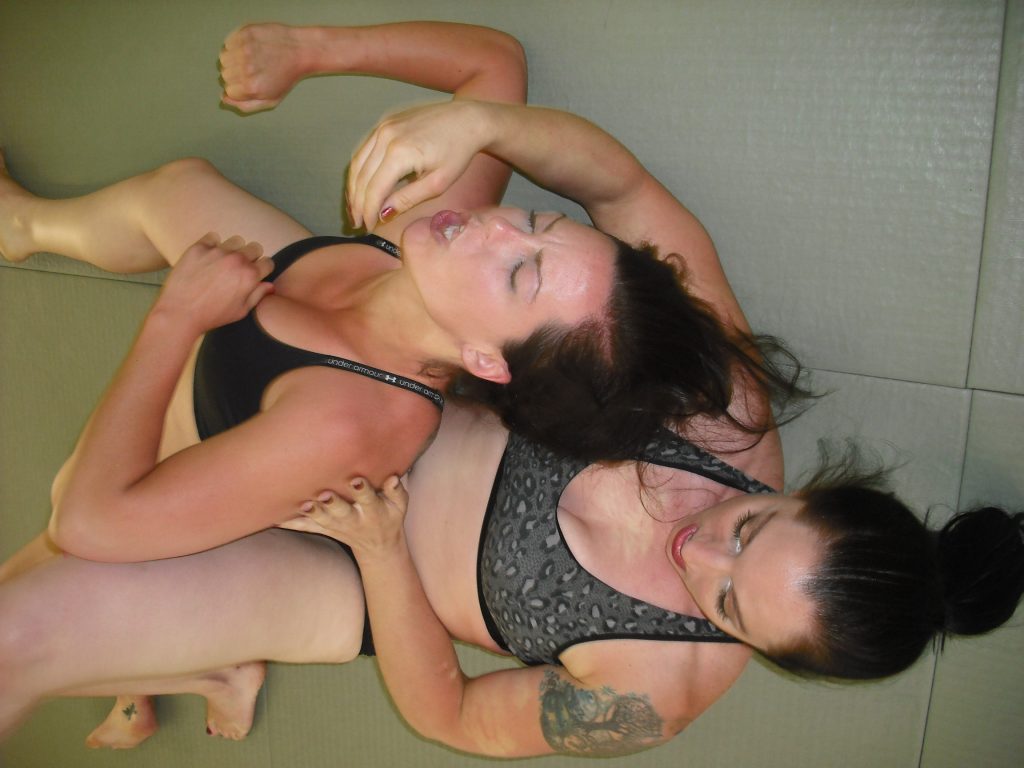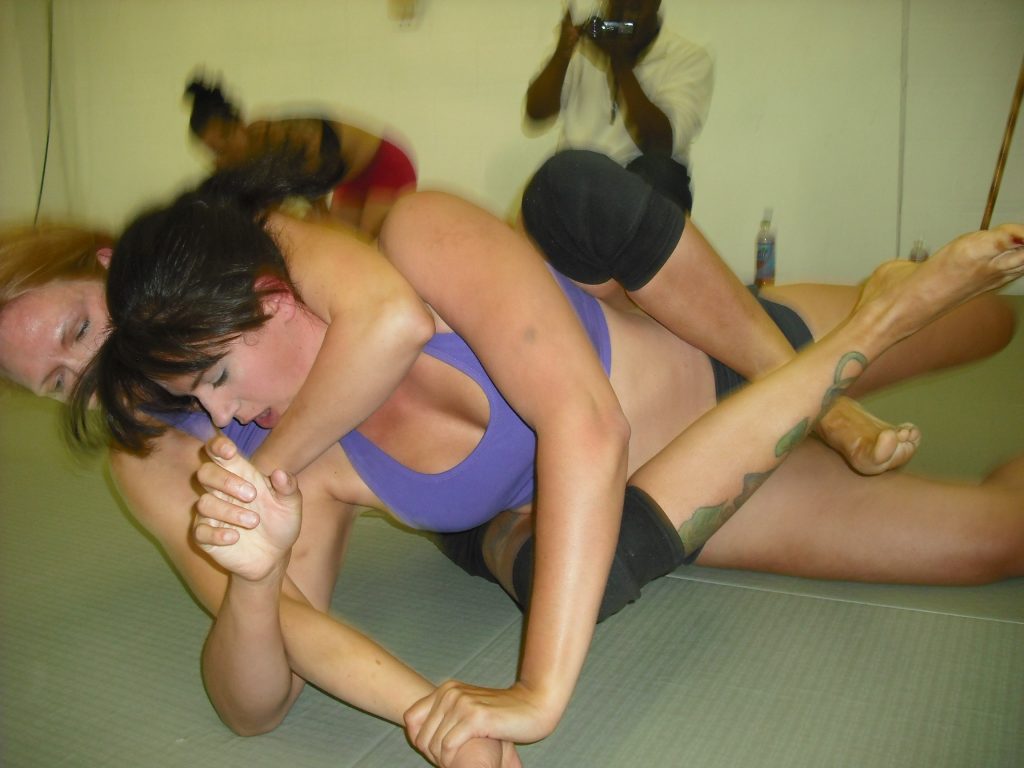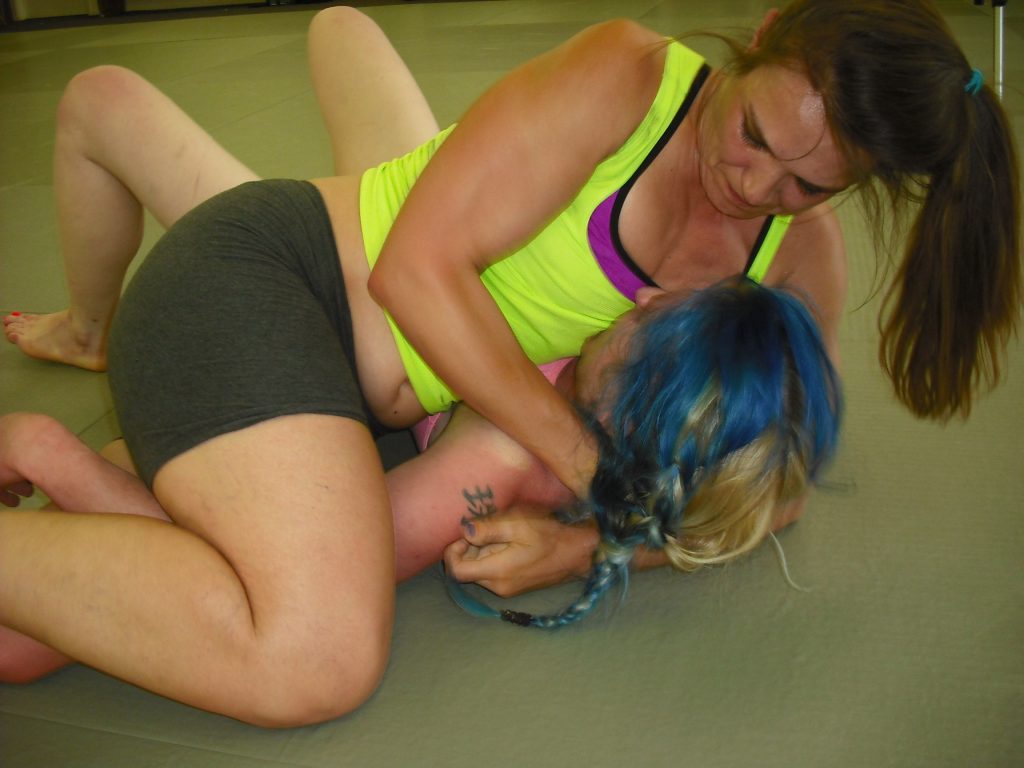
fciwomenswrestling.com article. Inna Lesyk pexels.com photo credit
Many of us hibernate during the winter especially when it comes to exercising and hard fitness.

There are some beautiful Fem Competitors that do not have that option.
Ice skaters come to mind.
Kim Yuna

Let’s look at one of the best of the best in this lovely, elegant ice cold business.
Kim Yuna is a former South Korean figure skater. She is the 2010 Olympic champion and 2014 silver medalist in ladies’ singles; the 2009, 2013 World champion; the 2009 Four Continents champion; a three-time (2006–2007, 2007–2008, 2009–2010) Grand Prix Final champion; the 2006 World Junior champion; the 2005 Junior Grand Prix Final champion; and a six-time (2003, 2004, 2005, 2006, 2013, 2014) South Korean national champion.
Kim is the first South Korean figure skater to win a medal at an ISU Junior or Senior Grand Prix event, ISU Championship, and the Olympic Games. She is the first female skater to win the Olympic Games, the World Championships, the Four Continents Championships and the Grand Prix Final. She is one of the most highly recognized athletes and media figures in South Korea.
As a result of her numerous accomplishments, she is frequently referred to as “Queen Yuna” by various media across the world.
Long live the queen. Always remembered. Always appreciated.
Well if that doesn’t inspire us to keep working in the winter, perhaps little will.
“People don’t notice whether it’s winter or summer when they’re happy.”… Anton Chekhov
But hey. We love female competitive grappling and the good news, during winter months, those battles can take place indoors at a Dojo.
Like Kara vs Bryn.

Penny vs Rain.

And Evadne vs FeFe.

Wonderful matches found at http://grapplingstars.com/fvsf-wrestling-videos/
Part of the winter lethargy is fear of injuries. It is easier to get injured in the winter as opposed to the wonderful muscle soothing warmth of the summer.
Warrior to Warrior, no excuses. We are determined to stay in great physical shape right?

We are going to do our part by sharing a nice article with you regarding injury prevention during the winter.
Please exercise and stay injury free.
How to Prevent Winter Sports Injuries

Despite chilly temperatures and shorter days, winter is the favorite time of year for many sports enthusiasts. No matter how skilled at skiing, snow mobile riding, ice-skating or hiking, you may be at risk for serious injuries while performing your favorite activities. Whether you hit the slopes every weekend or spend most of the winter season curled up by a roaring fire, there are tips you can use to stay fit, healthy and free of injury when you venture outside for some winter fun.
Do You Know the Risks?
Winter is a wonderful time to participate in sports. During the colder months, many of us spend long hours indoors. We may choose to eat lunch at our desks rather than venturing out, or spend a weeknight watching TV instead of going to the gym. Taking part in outdoor physical activities, even if it is only on the weekend, is an effective means of preventing feelings of melancholy that often surface when we can’t spend a lot of time outdoors.
I encourage all of my healthy patients to participate in sports and other activities during the winter, as long as they are aware of the risks. For example, in 2007, snowboarding was the leading cause of winter sports injuries, sending over 149,000 people to emergency rooms and other treatment centers. Many veteran skiers think their sport is less dangerous than snowboarding. On the contrary, skiing was a close second to snowboarding when it came to injuries. Over 131,000 skiers sought medical care in 2007 due to mishaps on the slopes.
While awareness of these risks is crucial, you should not hesitate to take part in the winter sports you enjoy. There are a number of simple steps you can take to reduce your risk of injury and have your best winter sports season to date. Try the following tips and remember that in order to play hard, you also need to play smart.
6 Tips to Prevent Winter Sports Injuries
1) Don’t strain if you haven’t trained – If you haven’t been on skis for 8 months, don’t start taking on black diamonds right out of the gate. Your muscles are more prone to injury after a long break. Prepare for your first day of snow-shoeing or ice hockey by lifting weights and stretching your muscles during the off season. You can also stay conditioned with video games, such as those for the Nintendo Wii, which simulate various sports like snowboarding.
2) Extend your warm up – Most fitness experts recommend a five to ten minute warm up, but that may not be enough during the winter. Low temperatures mean it may take longer to ease your muscles into an activity. Double your warm up time and don’t push yourself until you feel loose and relaxed.
3) Check your gear twice – When it comes to winter sports, the right gear is more important than ever. Snowboarding without a helmet or sledding without water-resistant footwear will not only make the activity less enjoyable, but it may leave you vulnerable to injury. Make sure all equipment is in excellent working order, and don’t leave home without the proper clothing and gear you need to enjoy your day.
4) Drink up – One of the biggest winter sports mistakes is not staying adequately hydrated. No matter what your sport, you need to drink water or sports beverages every hour or so to provide enough fluids and electrolytes for your body to function. We often don’t realize we are sweating because perspiration evaporates almost instantly in the cold, dry air. Drink even if you aren’t thirsty and you will perform better and prevent muscle cramps and weakness.
5) Dress for the chill…or the sun – When you do winter activities, your body temperature undergoes extreme shifts. Wear layers of light, moisture-resistant, breathable clothing so you can adjust to any condition. For skiers and hikers in particular, sun protection is just as important as preparing for the cold. Snow reflects damaging UV rays back to your face, so wear sunscreen and sunglasses at all times.
6) Know the terrain – When hiking or snow shoeing, stay on marked trails. To prevent surprises, familiarize yourself with the terrain ahead of time and ask about any unexpected obstructions like ice or snow drifts. Mapping out your route beforehand and incorporating the latest information will prevent surprises.
Mark Rosenberg, M.D.
Institute For Healthy Aging
~ ~ ~
http://www.vitalmaxvitamins.com
Article Source: http://EzineArticles.com/expert/Mark_Rosenberg,_M.D./101276
Article Source: http://EzineArticles.com/2040889
http://ezinearticles.com/?How-to-Prevent-Winter-Sports-Injuries&id=2040889



